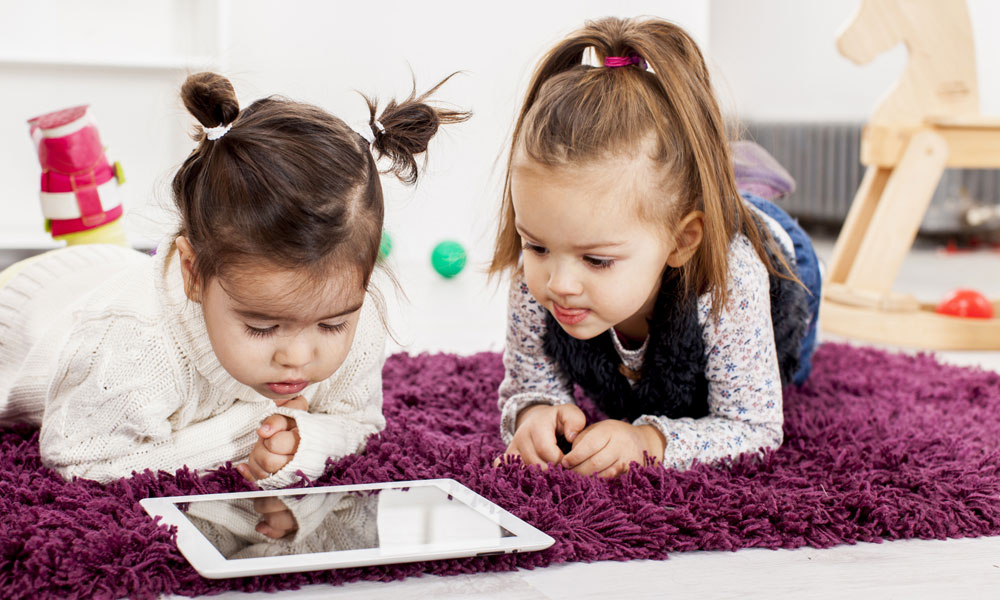
Toddlers and Tablets: Pediatrician Groups Urge Less Screen Time for Kids
Kids’ introduction to mobile devices is skewing younger and younger, and pediatrician associations around the globe are warning of the possible adverse effects of too much technology.
When children become upset, many parents give them a smartphone to keep them quiet. But if parents do this, they have fewer chances to communicate through pacifying their babies while watching how they react.
How young is too young to introduce kids to technology? How much screen time is OK for children? These are questions pediatric associations around the world are tackling.
The Japan Pediatric Association, for one, is warning parents about the potential adverse effects of relying on smartphones, tablets, and other mobile devices to serve as “babysitters.”
“When children become upset, many parents give them a smartphone to keep them quiet,” the association’s executive director, Hiromi Utsumi, told The Japan News last week. “But if parents do this, they have fewer chances to communicate through pacifying their babies while watching how they react.”
Utsumi said engaging with a virtual environment could affect a child’s sensory and hand-function development. The organization is launching an educational campaign to encourage parents not to give babies a smartphone to play with while alone or as a means to comfort them.
Mobile device introduction is getting earlier in America, too.
A study released last month by the nonprofit advocacy group Common Sense Media found that the number of U.S. children 8 years old and younger who have access to mobile devices increased by 44 percent since 2011. It also found that 38 percent of children under 2 had used a mobile device, compared to 10 percent in 2011.
The American Academy of Pediatrics is concerned about increased screen time and kids’ media consumption. Late last month, AAP released an updated policy statement on children and media and recommended parents limit their kids’ exposure to TV, smartphones, and social media.
“For nearly three decades, the AAP has expressed concerns about the amount of time that children and teenagers spend with media, and about some of the content they are viewing,” Victor Strasburger, co-author of the AAP policy, said in a statement. “The digital age has only made these issues more pressing.”
While the policy’s authors acknowledged that kids can learn many positive things kids from the media, they recommended parents limit children’s media consumption to no more than two hours a day. The updated policy also recommended that children younger than 2 not have any exposure to TV or the internet and that parents remove TVs and internet-accessible devices from kids’ bedrooms.
(iStock/Thinkstock)






Comments